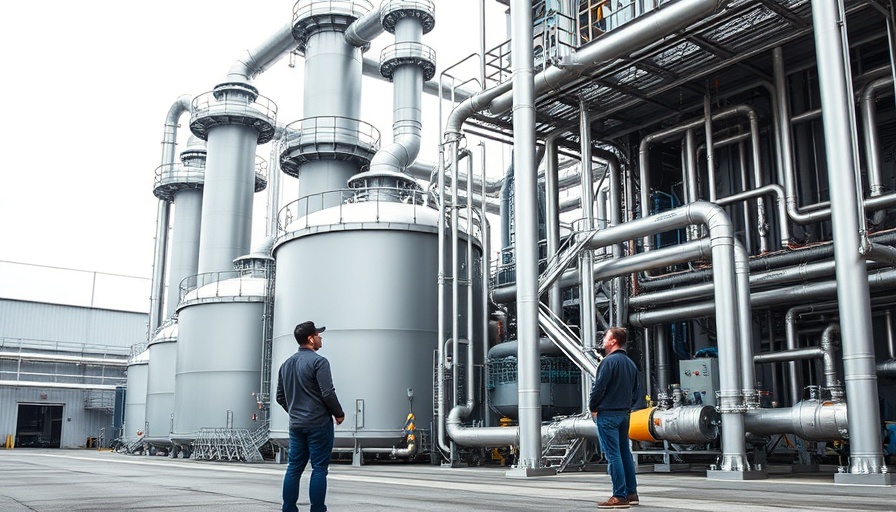
Trump Administration Set to Halt Funding for Vital Carbon Capture Projects
The Trump administration is considering terminating financial support for two critical direct air capture (DAC) facilities aimed at combating climate change. According to a project list obtained by MIT Technology Review, the Department of Energy (DOE) may cut around $50 million awarded to each facility. These projects were expected to receive a total of over $1 billion in funding under the Bipartisan Infrastructure Law.
What Are Direct Air Capture Plants?
Direct air capture technology is an advanced method of removing carbon dioxide from the atmosphere. With climate models indicating the world must reduce carbon emissions significantly to avoid severe consequences of global warming, DAC has gained importance in recent years. However, it's also one of the costliest and most energy-intensive methods available. Projects like the South Texas Direct Air Capture Hub and Project Cypress in Louisiana, involving companies like Occidental Petroleum, Battelle, and Climeworks, were pivotal in the nation's strategy to address climate change and support a new sector of the green economy.
Potential Impacts of Funding Cuts
Experts warn that canceling the grants may jeopardize jobs, economic growth, and the U.S.'s leadership in climate technology. The cancellation of funding not only places thousands of jobs on the line but could also push innovative companies to relocate their projects abroad, undermining efforts for domestic clean energy solutions. “The need for DAC is growing as the world falls short of its climate goals,” said Christoph Gebald, co-CEO of Climeworks. As funding rates shift, industries and businesses dependent on stable carbon reduction measures may face risk.
The Broader Context of Climate Policy
Under the previous Biden administration, the U.S. began to significantly increase its support for renewable energy and carbon capture technologies. However, in light of these recent announcements, fears are escalating within the environmental community regarding the future of DAC initiatives. The projects in question could have reliably captured up to a million tons of carbon each year, helping align efforts with global climate goals.
Next Steps and Future Considerations
Though the DOE has indicated no final decision has been made, the uncertainty surrounding these grants has left stakeholders and communities anxious. Engaging with the administration remains crucial for the companies involved to argue their cases and perhaps negotiate terms. In a world increasingly stressed by climate change, every technological avenue must be explored, and the urgent deployment of DAC systems could prove vital.
Conclusion: The Future of Direct Air Capture Technology
The fate of projects like the South Texas DAC Hub and Project Cypress hangs in the balance. As ongoing discussions continue, the emphasis on carbon capture remains critical in mitigating climate impacts. Business owners and managers in the service sector should watch these developments closely; resulting shifts in policy could influence their operations and the broader economy significantly.
 Add Row
Add Row  Add
Add 










Write A Comment